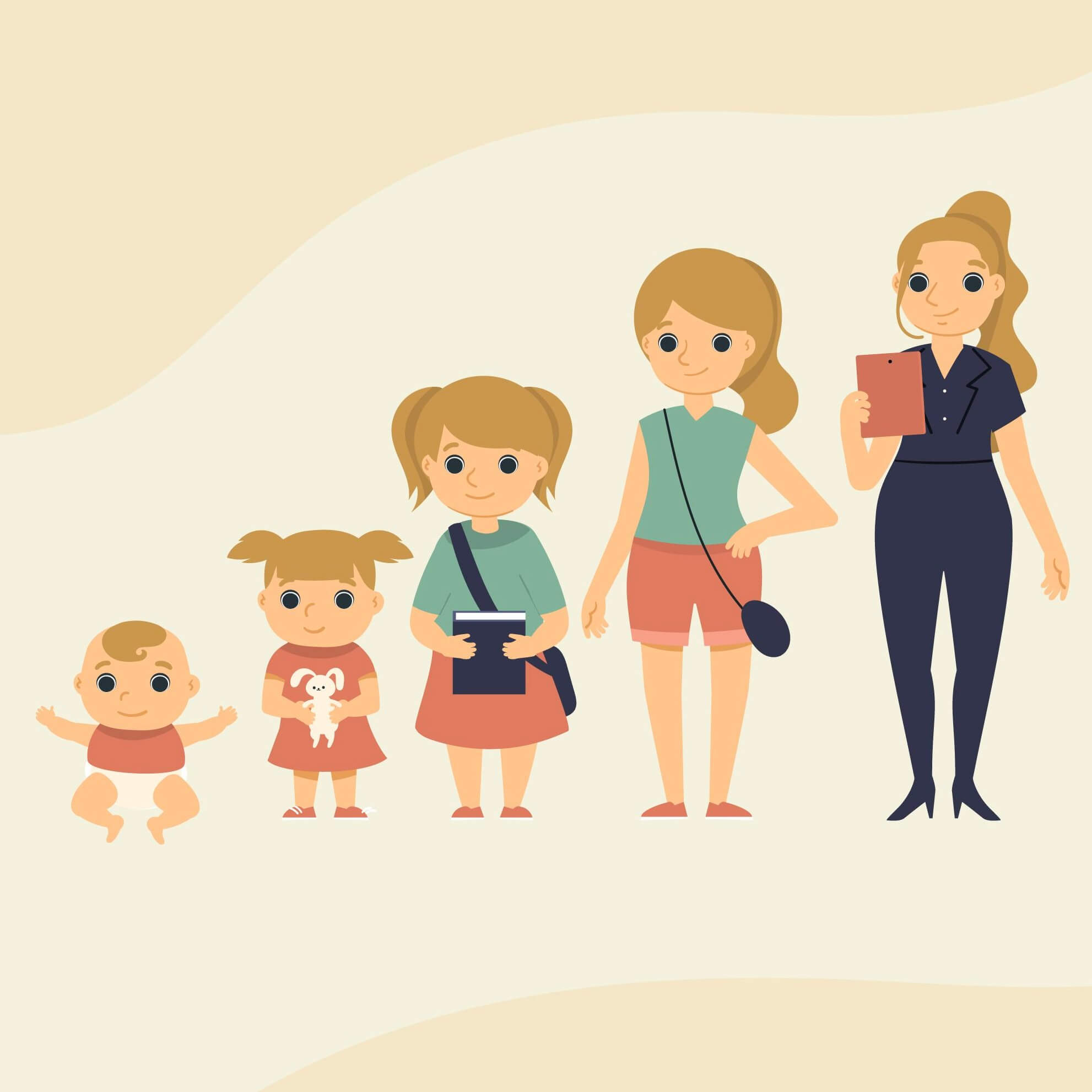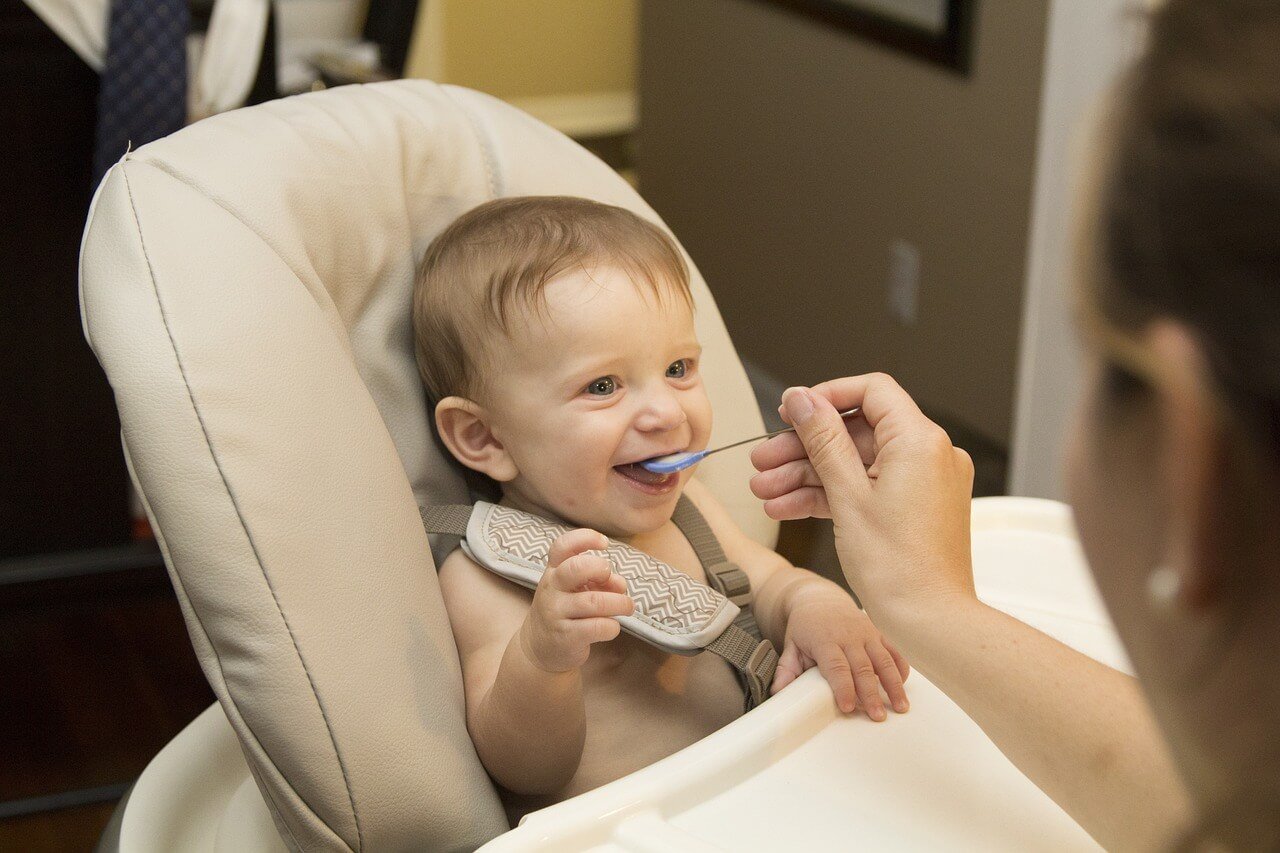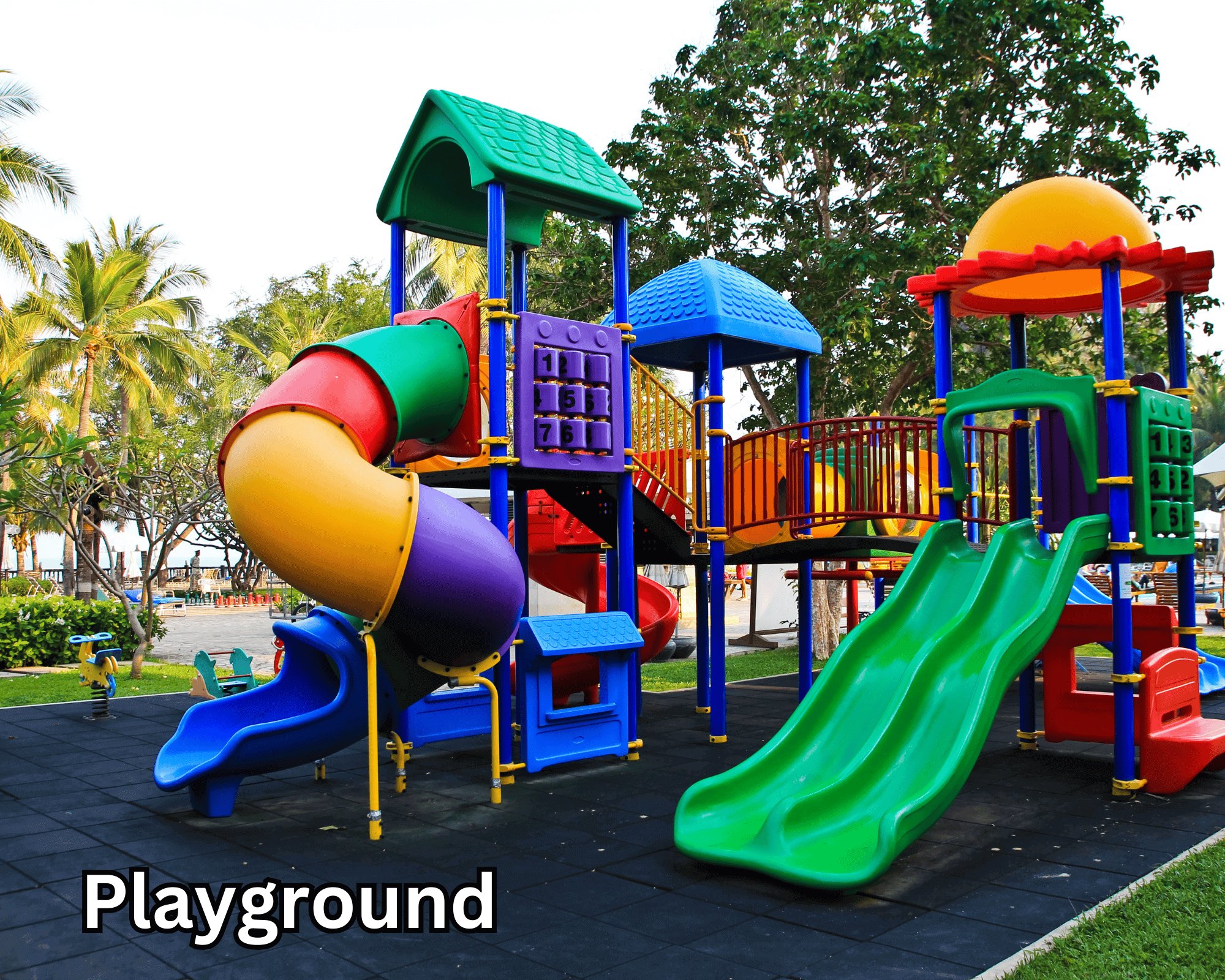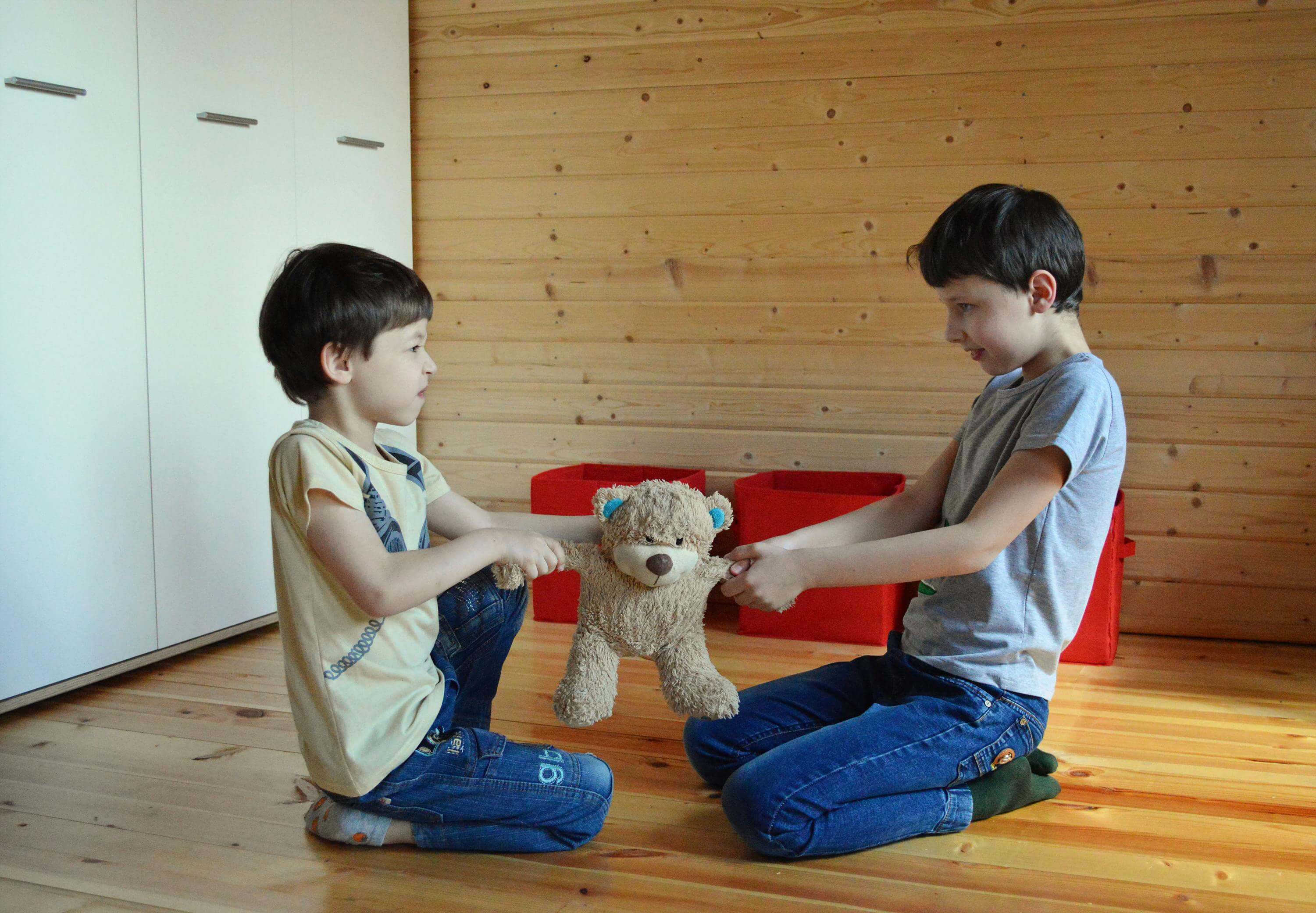Attachment Parenting: Encouraging Bonds That Last
As parents, we're frequently overwhelmed with all the different ways to deal with bringing up our kids. One method that has acquired huge consideration over time is attachment parenting.
In most cases, the parent and child will form a strong bond from early infancy through guidance and sensitivity.
 Dad cradling infant in his arms while infant is lying on stomach.
Dad cradling infant in his arms while infant is lying on stomach.What is attachment parenting all about? Are there advantages or disadvantages? and What are the significant impacts it can have on kids?
What is Attachment Parenting?
It is Sensitive Parenting:
Whether a child is in need of feeding, soothing or comforting, they are quickly attended to by a parent, fostering security and trust.
It is Co-Sleeping or Bed Sharing:
In order to feel closer to their infant, parents will choose to share their beds with them.
It is Babywearing:
Babywearing is the idea that you should keep your baby close to your body at all times, in a sling or baby carrier, promoting security and closeness.
It is Breastfeeding on Demand:
Attachment parents breastfeed their child the second they show any signs of hunger, increasing their deep connections.
The kids are also often breastfed until they're toddlers, 1, 2 or even older.
It is Positive Discipline:
Instead of using negative discipline methods, attachment parenting implements gentle, sympathetic responses or positive discipline.
Their focus is to speak calmly to their child and understand his/her needs.
Advantages of Attachment Parenting for the Parents
 Family of 4 taking a selfie together. depositphotos.com
Family of 4 taking a selfie together. depositphotos.com- Deepened Bond: Parent and child establish a deep emotional connection, enhancing their relationship.
- Increased Confidence: Parental intuition and confidence are increased when parents balance their child’s needs and respond sensitively to them.
- Emotional Fulfillment: Attachment parenting carries with it a intimacy factor and a closeness. This can bring intense emotional feelings to the parents strengthening their sense of purpose.
Disadvantages of Attachment Parenting for Parents
- Sacrifice of Personal Space: Parents are limited to alone time and personal space because they share their bed and always have their baby with them 24/7. This could lead to strain on their grown-up relationship and exhaustion.
- Time-Intensive: Attachment parenting is very demanding and time-consuming, they are constantly trying to fill their obligations to their infant/child. Parents are left with little time for self-care.
- Social Stigma: The practice of breastfeeding on demand or sharing their bed with the child may face some judgement from society. Causing parents to feel isolated and stressed.
Effects on the Children
- Secure Attachment: Attachment parenting assists in the development of secure children, characterized by independence, trust and healthy emotional control.
- Emotional Resilience: The children display emotional resilience and self-esteem because their ability to view the world is more secure.
- Improved Cognitive Development: The quick response times to the child’s needs and the close interactions with them, support cognitive and brain development.
- Enhanced Social Skills: The children are more likely to develop positive social skills. Forming good relationships among friends and family.
Dr. Sears, a pediatrician, introduced the concept of attachment parenting style sometime in the 1990’s, he wrote and published a book in 2003 called “The Baby Book” and many consider it to be the attachment parenting Bible.
A lot of what he has taught in the book is closely related with his own personal life.
He later presented a more structured approach, making it easier for a more present-day parent to understand and implement into their daily lives.
Now for the modern/updated version of Attachment Parenting
The "7 Baby B's" are a roadmap to nurturing a healthy parent-child relationship.
While they are built upon Dr. Sears' original principles, he offered a more complete outline to modern parents guiding their way through parenthood.
 Mom and baby cuddle closely.
Mom and baby cuddle closely.Introducing the “7 Baby B’s”
1. Birth Bonding:
Immediately following the birth of baby, birth bonding emphasizes the importance of skin-to-skin contact between baby and parent, promoting a special bond.
2. Breastfeeding:
Not only does breastfeeding provide the baby with nutrition, it stimulates an emotional bond between mom and infant.
The breastmilk also has antibodies that improves the baby’s immunity and growth.
3. Babywearing:
Involves taking the baby everywhere with you, keeping them close to your body, preferably in a sling/carrier.
Doing this promotes comfort and security while the parent remain hands-free to do other tasks.
4. Bedding Close to Baby:
Allowing baby to sleep in your bed or having their crib in your room is another way of promoting a sense of security to baby.
It makes nighttime breastfeeding easier, providing quicker response times to their needs.
5. Belief in the Language-Value of Your Baby's Cry:
Attachment parents do not see crying as negative, rather a form of communication.
They are building trust and strengthening the parent-child bond that forms by responding quickly and empathetically to their cries.
6. Beware of Baby Trainers:
Avoid harsh training or rigid schedules prioritizing the parents needs over baby’s.
Rather encourage quick to react approaches that promote security and trust.
7. Balance:
It is crucial for both the parent’s well-being and the baby’s development to find a balance in parenting.
The goal is not to be perfect but to find balance in self-care, relationships, health and emotions. Balance is about meeting your child’s needs as well as your own.




























